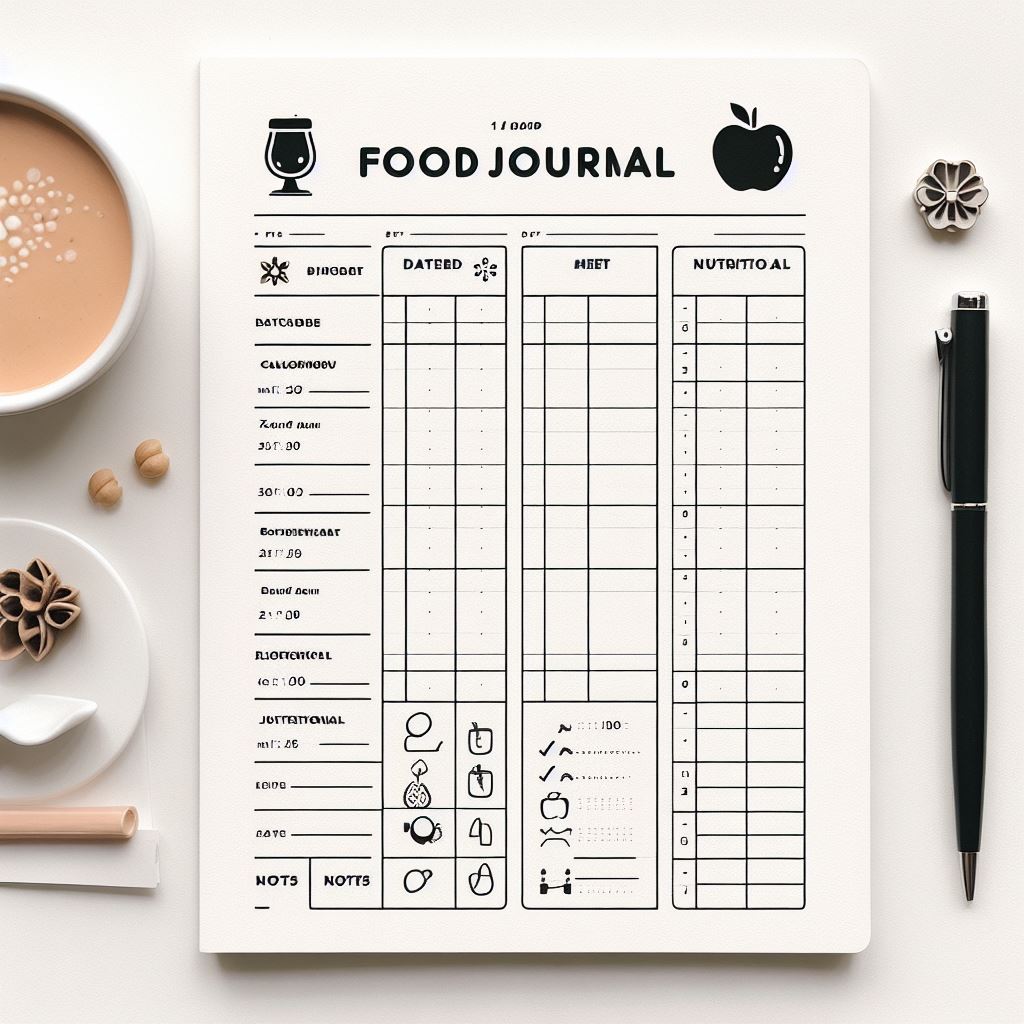Psoriasis Diet
According to the British Skin Foundation, about 2 out of 100 people in the United Kingdom live with psoriasis. Psoriasis is a non-infectious disease that can make you feel very uncomfortable and distressing, which is why many people with the condition try different types of treatments, including lifestyle and diet changes.
The condition causes the skin to become inflamed and break out into scaly, red patches that may become itchy with time.
It mostly affects the knees and elbows, but patches can be found throughout the body. For instance, about 50% of people with psoriasis have discolored and pitted nails. Also, about one in every ten persons with the condition develop debilitating arthritis.
Why Psoriasis Diet is a Witch Hunt
The following selection of foods and drinks is said to increase the severity of psoriasis, but there are only a few pieces of evidence to support this claim. Some studies also debunked these claims.
Caffeine
Caffeine is said to help in stimulating the nervous system and make our adrenals pump out cortisol, thereby raising our insulin levels. Insulin then increases the production of new skin cells in excess. Then, it increases the inflammation levels of the body and the risk of psoriasis, causing red and swollen skin.
However, a large study that involves 83,000 women found no link between psoriasis and caffeine.
Alcohol
Alcohol is said to increase inflammation and reduce the effectiveness of psoriasis treatment. It is also known to cause skin dryness. A study by the NHS shows that there is a relationship between excessive intake of alcohol and psoriasis without a clear reason.
Sugar
White sugar is said to have a high level of acidic content, which increases inflammation. Foods like fizzy drinks, white pasta, ketchup, ice cream, sweets, and some of the foods to avoid.
There’s no research backing this claim, but evidence suggests that it could result in an imbalance in the gut’s bacteria, leading to an inflammatory reaction.
Processed and junk food
Anecdotal reports that processed and junk foods trigger psoriasis in some people due to their high content of refined sugar and starch, which boosts inflammation.
However, there is a lack of firm evidence to prove this, but junk and processed foods are known to be high in calories with little nutritional value.
Dairy
Generally, every animal protein is inflammatory to a certain degree, but only acidic dairy proteins have been linked to skin problems. There are conflicting by researchers in determining the link between inflammation and dairy.
Gluten
A study by the National Psoriasis Foundation in the United States shows that about 25% of people with psoriasis are sensitive to foods that contain gluten, including pasta, bread, cookies, bread, cakes, and cereals. Gluten is said to trigger antibodies that fight gliadin, which is the primary protein in gluten.
A study by Mayo Clinic supports this claim that some people with psoriasis are sensitive to gluten. The research involved patients with high levels of anti-gliadin antibodies who went on a gluten-free diet for three months. Psoriasis level became low in 82% of the participants.
In conclusion, there is no scientific evidence that backs up the claim that psoriasis is influenced by diet. Although there are some hypothetical explanations on why the skin might be influenced by an anti-inflammatory diet.

